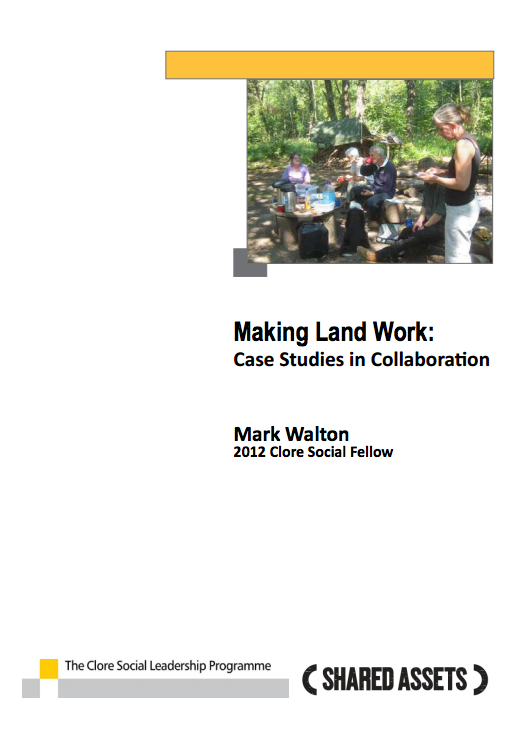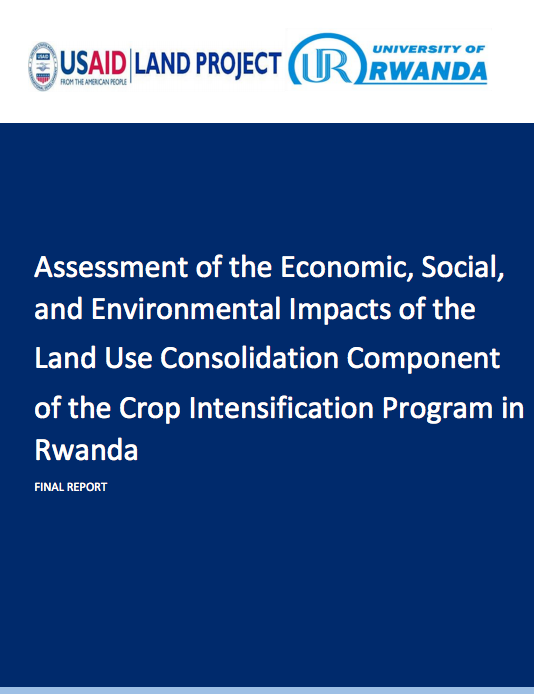Woodland Social Enterprise in England
This report was commissioned by the Forestry Commission to better understand the current woodland social enterprise sector in England. It provides evidence of a fledgling but very diverse sector with significant innovation. It discusses the definition of “woodland social enterprise”, the potential size of this sector, and suggests indicators for measuring future growth.




